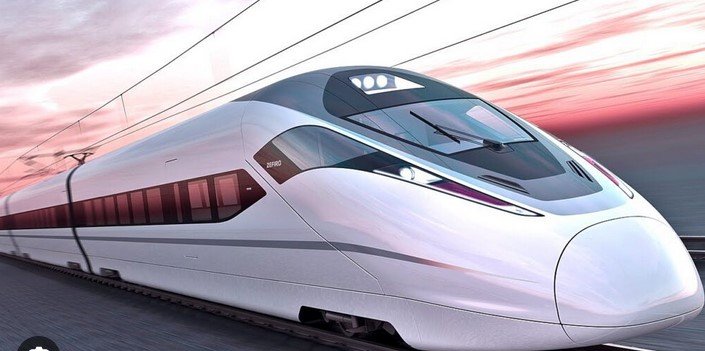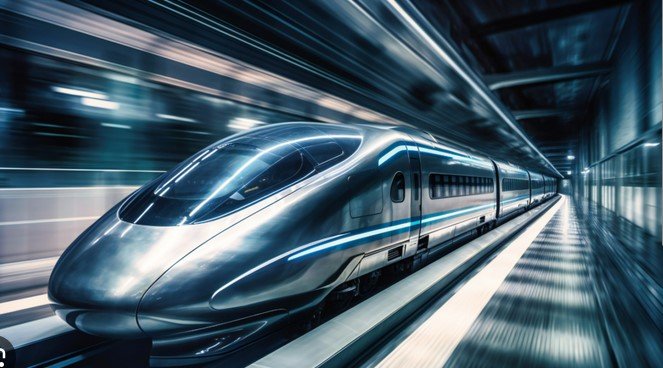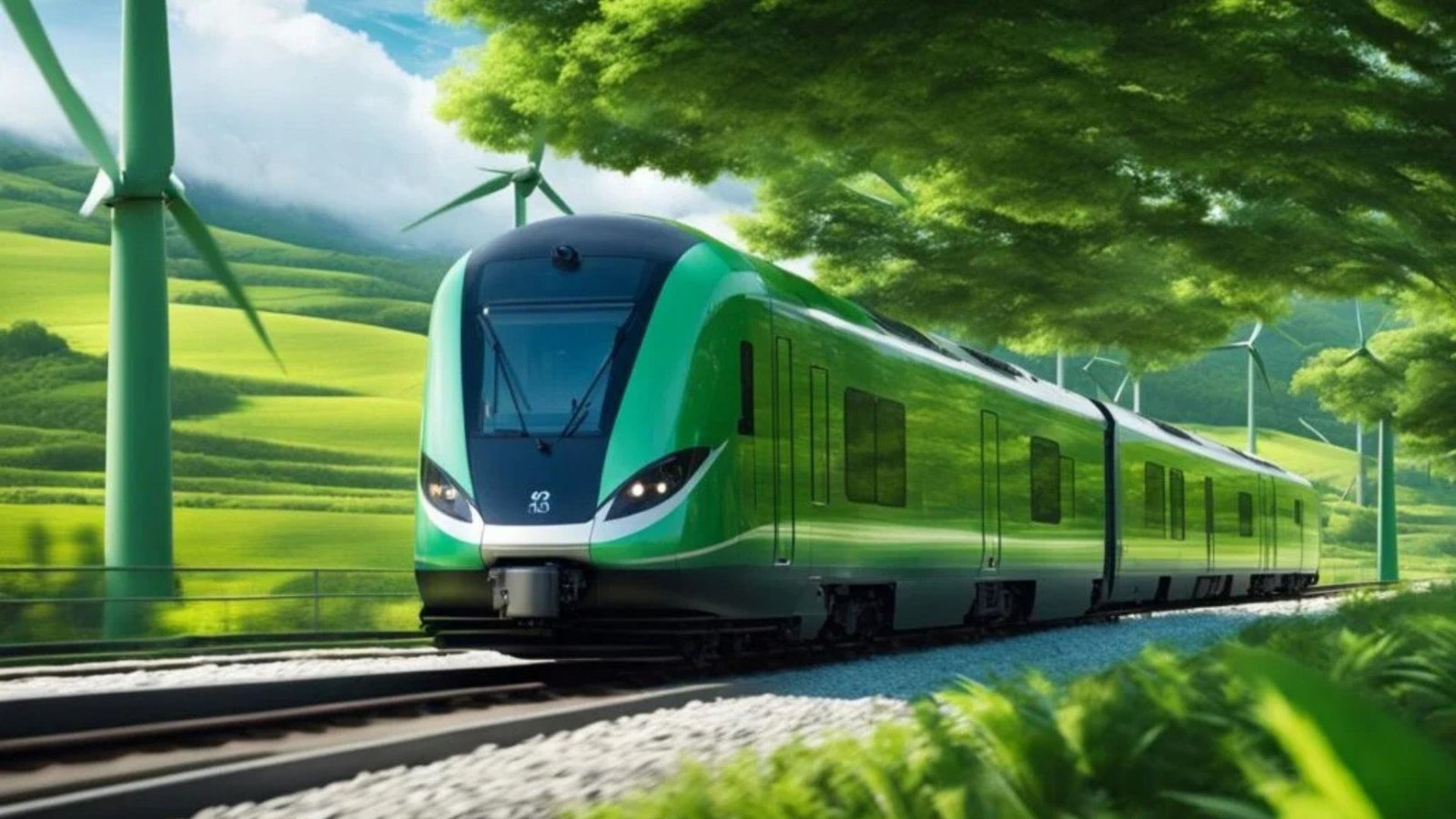Electrical trains are revolutionizing travel by providing faster, greener, and more efficient transportation options. As the demand for sustainable travel grows, electric trains offer a solution that reduces environmental impact while enhancing the overall travel experience. With advancements in technology, electric trains are becoming increasingly popular worldwide. Let’s explore how electric trains are changing the landscape of modern travel.
As electric trains transform modern transportation with their silent efficiency, it’s fascinating to see how technology reshapes entire industries. The precision engineering behind high-speed rail networks mirrors innovations in digital entertainment platforms.
While travelers enjoy emission-free journeys, gaming enthusiasts find equally streamlined experiences at Stellarspins Online Casino, where modern technology meets entertainment. Both sectors demonstrate how forward-thinking design can revolutionize user experiences.
The sustainable future of transit continues to inspire technological advancements across numerous fields, proving innovation knows no bounds when improving daily life.

The Environmental Impact of Electric Trains
One of the primary reasons electric trains are revolutionizing travel is their positive environmental impact. Traditional diesel-powered trains emit harmful pollutants, including carbon dioxide and nitrogen oxides. These emissions contribute to air pollution and climate change. In contrast, electric trains produce significantly fewer emissions, especially if the electricity they use comes from renewable sources like wind or solar power.
Many countries are transitioning to electric trains to reduce their carbon footprints and promote sustainability. For example, nations like the Netherlands and Sweden have already integrated electric rail systems to decrease dependence on fossil fuels. Electric trains are seen as a crucial component of green transportation initiatives, making them an environmentally friendly choice for modern travel.
Efficiency and Speed Benefits of Electric Trains
Electric trains are also revolutionizing travel by offering faster and more efficient journeys. Unlike diesel-powered trains, electric trains can reach higher speeds and maintain consistent performance over long distances. This is due to the continuous power supply provided by electrified tracks, which eliminates the need for fuel stops or engine limitations.
Electric trains are also more energy-efficient, as they convert a higher percentage of electrical energy into motion. This efficiency translates to lower operational costs for train companies and more reliable schedules for passengers. High-speed electric trains, such as Japan’s Shinkansen and France’s TGV, have already proven the potential of electric rail travel, offering passengers shorter travel times between major cities.
Increased Accessibility and Connectivity
Another major advantage of electric trains is the increased accessibility and connectivity they provide. Many cities and regions are expanding their electric rail networks to better connect urban and rural areas. As electric train systems continue to grow, travelers will have more options to reach destinations quickly and conveniently.
Electric rail networks are often integrated into broader public transportation systems, making it easier for passengers to transfer between trains, buses, and other forms of transport. For instance, electric train lines in metropolitan areas allow commuters to move efficiently between the suburbs and city centers, enhancing both daily commutes and long-distance travel.
Cost Savings and Affordability
Electric trains are not only better for the environment and more efficient, but they can also reduce travel costs. Although the initial investment in building electric rail systems can be high, the long-term savings are significant. Electric trains have lower operating and maintenance costs compared to diesel trains, as they do not require the same level of fuel or mechanical upkeep.
These cost savings can be passed on to passengers, making train travel more affordable. In many countries, rail companies use electric trains to offer lower-priced fares, making travel more accessible for a wider range of people. As electric rail networks continue to expand, it’s expected that fares will remain competitive with other forms of transportation, including air travel and private vehicles.
Conclusion
Electric trains are transforming the way we travel by offering a faster, cleaner, and more efficient transportation solution. Their environmental benefits, speed advantages, and ability to increase accessibility make them an essential part of the future of transportation. As more countries invest in electric rail networks and technology continues to improve, we can expect electric trains to become even more integral to global travel. Whether for daily commutes or long-distance journeys, electric trains are revolutionizing the way we experience travel.




